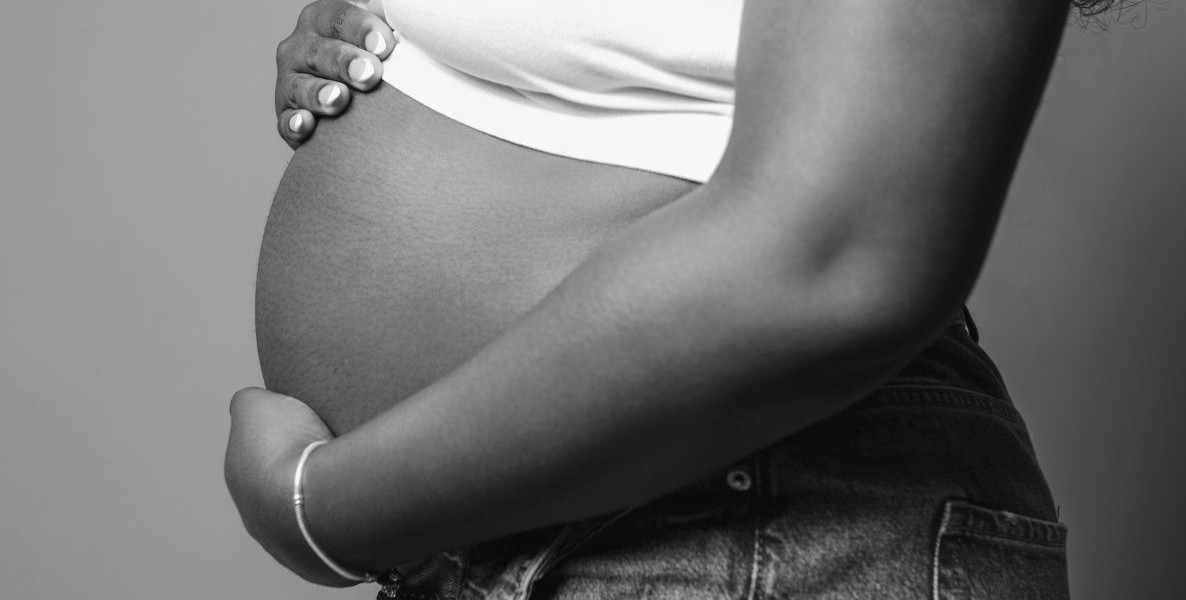This week, reproductive health advocates are celebrating Black Maternal Health Week, which, helmed by the Black Mamas Matter Alliance, “emphasizes the power of Black-led perinatal, maternal, and reproductive health organizations to drive systemic change and foster community healing.”
Each year, Philly’s birth workers and advocates host community celebrations, baby showers, and cultural events to reaffirm the reproductive justice tenets of the human right to have a child, to not have a child, and to parent children we have in a safe and stable environment. This year’s theme, “strengthening Black maternal health through collective action and advocacy,” seems urgently poignant: last month, data from the Centers for Disease Control showed that maternal death rates were falling for every racial and ethnic group except Black women.
These statistics are disheartening but not surprising. While Black women organizers, scientists, and thought leaders sounded the alarm on America’s maternal health crisis, millions of government and philanthropic dollars flooded academic research centers and private healthcare systems, the institutions that originated the problem. But our health didn’t improve with implicit bias training, singular quality improvement projects, or redundant research that proves what we already know — structural racism kills Black people.
Transforming the social conditions that shape the environments in which we work, live, play, pray, and love has a larger impact. Those social conditions can seem intractable, especially now. Maternal health inequities will persist until we mitigate the myriad of ways that Black birthing people are exposed to and cope with the violence of oppression, both inside and outside of obstetric care.
The violence of racial and gender injustice erodes maternal health in widespread ways. Black women experience intimate partner violence and maternal homicide at alarming rates. Black women are disproportionately tested for substance misuse during childbirth (sometimes without consent) and criminalized instead of supported by healthcare and social service organizations. Obstetricians perform major surgery on Black women unnecessarily for extra money and the chance for young doctors to learn. Black women have already been killed by abortion bans and jailed for miscarriages. Black women with kids are more likely to be evicted than anyone else.
If we don’t protect Black moms – the originators of so much American art, music, culture, movement building, and innovation — truly, what will we have left?
This happens all across the country, and Philly is not exempt. The Philadelphia Health Department’s Birth Justice Philly initiative recognized intimate partner violence as a leading preventable cause of death during the peripartum period, but gender-based violence prevention is sorely underfunded and the most recent publicly-available maternal health report is several years old. The District Attorney’s Office has an informal internal policy aiming to reduce the number of pregnant Philadelphians in county jail, but the upcoming DA’s race could put that at risk.
State Representative Morgan B. Cephas, who, like Philadelphia City Councilmembers Kendra Brooks and Jamie Gauthier, is a longtime reproductive justice champion, sponsored the Dignity for Incarcerated Women Act, which extended peripartum support to incarcerated juveniles. However, any length of incarceration poses maternal and infant health risks. Unlike Colorado, the Commonwealth has no legislated presumption against incarceration for pregnant individuals to keep birthing people out of the system in the first place.
While Black women and their allies have been organizing to save our own lives, that shouldn’t be the case. Everyone in this city suffers when Black parents are disappeared, shattering economic development, public health, social cohesion, and public safety. Let this year’s Black Maternal Health Week inspire local action:
- Financially invest in Black-led organizations, like the Maternity Care Coalition and Oshun Family Center, that ensure we thrive, not just survive.
- Show up for City Council hearings on reproductive health and women’s issues.
- Think about how the lives of the least fortunate will be impacted by politicians when stepping into the voting booth.
- Advocate for your coworker who had a difficult birth and an extended unpaid maternity leave. If that takes too much energy, use your SEPTA Key Card or additional cash in the grocery store checkout line for a Black mom who needs help.
The city that instilled gender and racial inequity into our nation’s founding documents has a distinctive responsibility to undo centuries of harm subsidized through robbing Black women of bodily autonomy. But that’s the beauty of birth. It reminds us that human renewal is always possible, and a brighter future – despite the circumstances – is on the horizon. And if we don’t protect Black moms – the originators of so much American art, music, culture, movement building, and innovation — truly, what will we have left?
Kelly Davis, MPA, is an experienced strategist, scholar, and author leading groundbreaking initiatives dedicated to racial and gender justice. She is currently a Soros Justice Fellow, focusing on the lives of pregnant people who are incarcerated to inform and advance broader policy-based agendas focusing on gender-based violence, reproductive justice, and criminal justice reform.
The Citizen welcomes guest commentary from community members who represent that it is their own work and their own opinion based on true facts that they know firsthand.
![]() MORE ON BLACK WOMEN AND HEALTHCARE
MORE ON BLACK WOMEN AND HEALTHCARE



